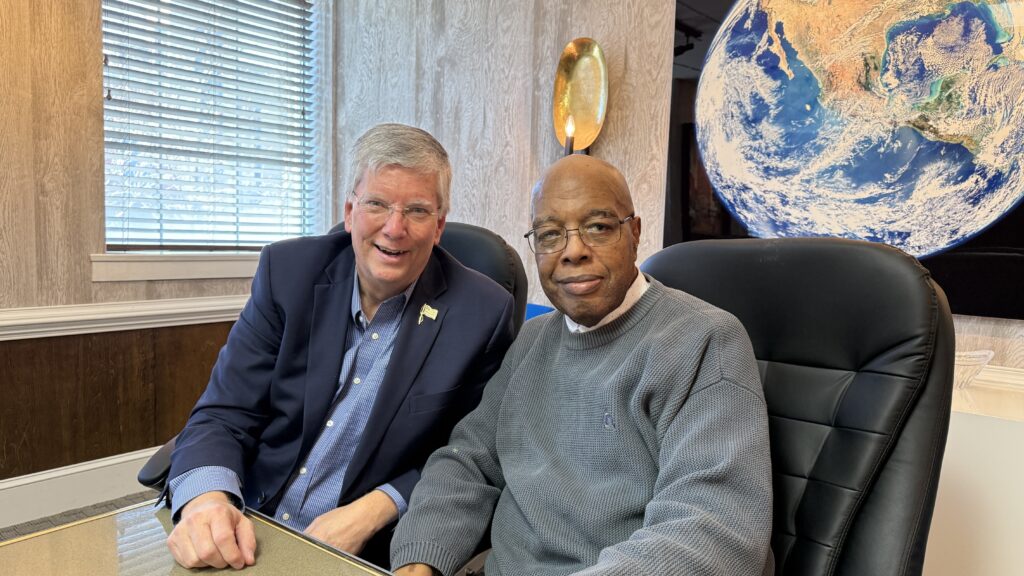Finally, Some Common Sense: North Carolina’s New Cellphone Law is Just the Beginning

After more than 45 years in the technology industry, I’ve witnessed firsthand the incredible evolution of digital communication—but I’ve also watched with growing concern as social media and constant connectivity have fundamentally altered how our children learn, interact, and develop. North Carolina’s new law requiring public schools to restrict cellphone use is a crucial first step, but it’s just the beginning of what needs to be a much more comprehensive approach to protecting our youth’s cognitive development and social skills. Having been in the tech industry since before the internet was widely accessible, I’ve had a front-row seat to the unintended consequences of our digital revolution. The data is now overwhelming: social media use among children has been proven to negatively impact their attention spans and their capacity for meaningful human-to-human interaction—fundamental skills required to be productive contributors to both the workplace and society at large.
Greensboro’s Past Meets Its Future: Civil Rights Pioneer Clarence Henderson Shares Vision for City Leadership

Civil rights legend Clarence Henderson, who made history at the 1960 Woolworth lunch counter sit-in, shared powerful insights about leadership and Greensboro’s future during our remarkable meeting. ‘Politicians are a dime a dozen but real leaders are priceless,’ Henderson told me, emphasizing the importance of courageous leadership in transforming our city. From economic development to youth empowerment through property ownership, our two-hour conversation revealed a shared vision for Greensboro’s growth and prosperity.